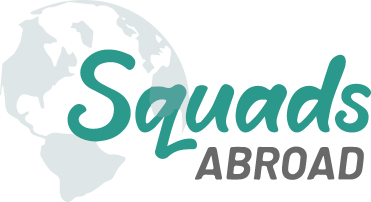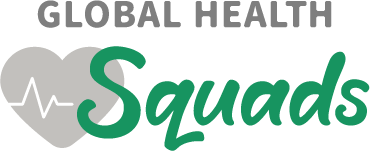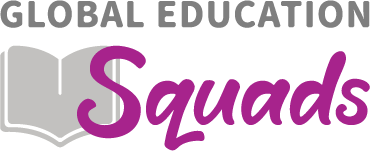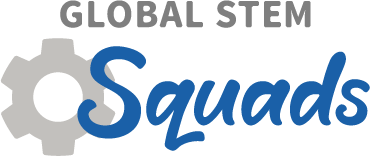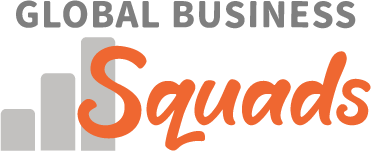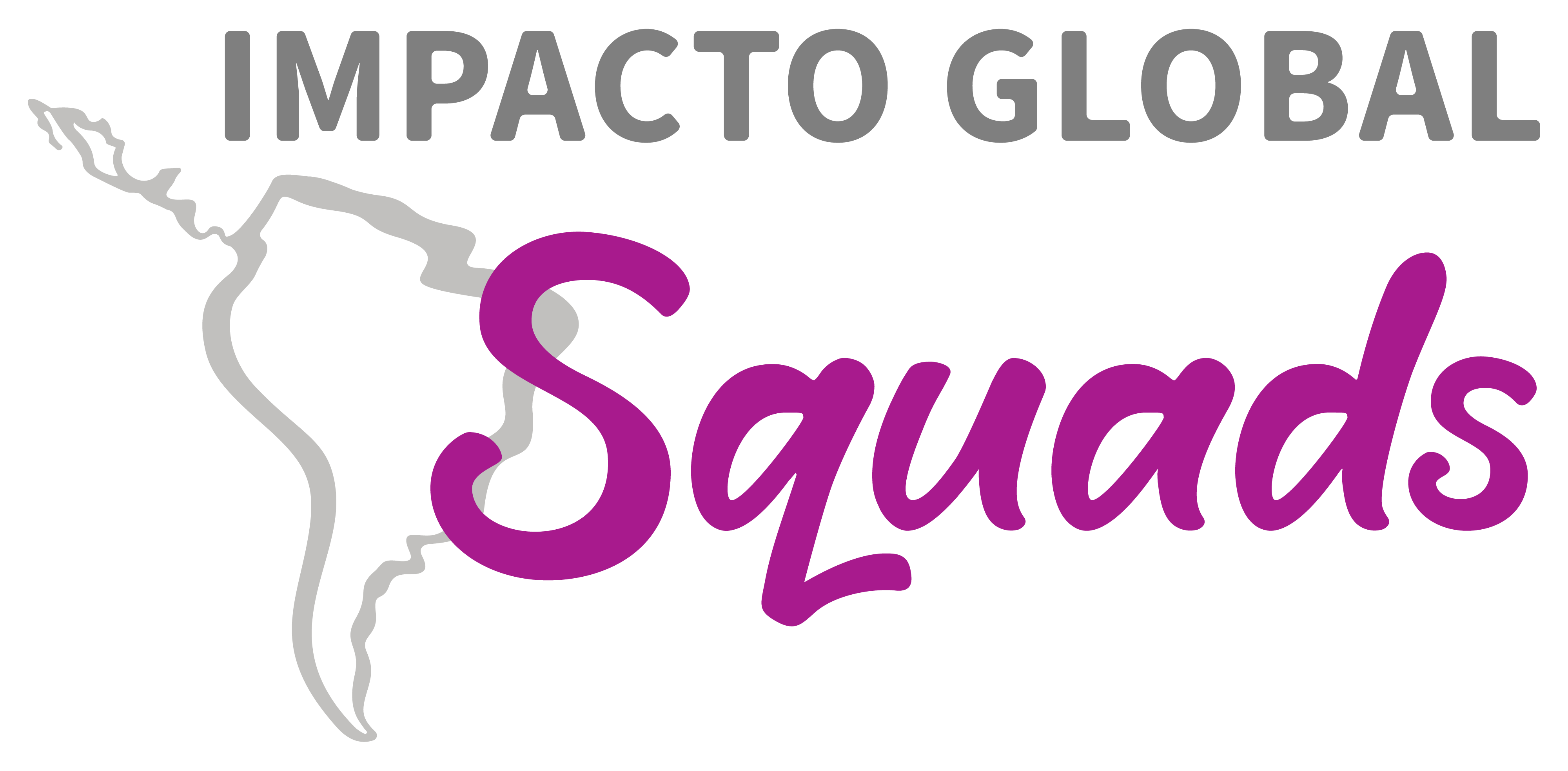Ask us how you and your class can customize this offering to be done in person in one of our program countries.
Click Here to Download Program Description as PDFUse material science and structural engineering fundamentals to design and select materials for home repairs and construction in a rural community.
PROGRAM DESCRIPTION
Our bilingual on-the-ground engineers guide students to design home repair and construction projects that decrease preventable diseases caused by structural disparities. Students learn about the community health needs, access to local materials and common design practices for healthy home construction and hygiene stations to then design their own. The curriculum immerses students in the program methodology of live public health intervention: community selection, basic sanitation committee interviews, needs assessments, and monitoring & evaluation practices. The final deliverable includes a presentation to the family of a proposed residential design project proposal and budget for the structure. In addition to our skill-based learning objectives, building cultural competence is integrated into the course to increase the quality of services and improve outcomes with community partners.
LEARNING OUTCOMES
Students that successfully complete the Material Science Program will:
- Discuss issues impacting the access to housing and sanitation in rural communities in a developing country.
- Review local construction guidelines and materials available in the region.
- Learn to resolve technical engineering challenges to construction and design in a different cultural context.
- Use CAD design software to prepare a sketch of a residential structure for a family(ies).
- Develop a budget and proposal for the project proposal.
- Present a project proposal to the family(ies).
PROGRAM OVERVIEW
MODULE 1: Introductions and Organization Overview
Our Facilitator provides an overview of Squads Abroad (SA), our parent organization, Global Brigades (GB), and its Water, Sanitation & Hygiene (WASH) program. A facilitated discussion on the country of Nicaragua, the challenges in-home repairs/construction after the recent hurricanes, and how improving home health infrastructure fits within the holistic model and UN Sustainable Development goals. Self-paced activity: Group reviews presentation on Global Brigades Nicaragua’s WASH programs (water, sanitation, and hygiene).
MODULE 2: Community Context and Challenges to Housing
Introduction to the community including profile, region, and map coordinates. The facilitator describes the logistical and financial challenges of doing home repairs in Nicaragua and how the TeleSquad is creating access. Using the GB website, internet resources, and TeleSquad presentations to substantiate their responses. Self-paced activity: Students research the recent hurricanes and other challenges that face rural communities in Nicaragua.
MODULE 3: Meeting the Household
Facilitator leads video introduction with families receiving the home repair. Self-paced activity: Students reflect on the interview, why the family is seeking a repair, and what impact that will have on their health and livelihood.
MODULE 4: Technician Site Visit 1: Housing Assessment
Virtual field visits: recordings of a technician in the community showing the details for the current homes within the context of the community. Self-paced activity: analyzing the situation of each household’s condition and assess potential solutions for each case.
MODULE 5: Technical Training: GPS Mapping
Facilitator demonstrates GPS Mapping software so that students will be able to use it as a resource for their project. Self-paced activity: identify the nearest town from the households in order to deliver construction materials and feasibility of each project. Reading about how maps can empower people, communities and help NGOs: https://www.giscloud.com/blog/improving-non-governmental-and-non-profit-organizations-through-smart-mapping-solutions/
MODULE 6: Material Assessment
Local engineer discusses various building materials unique to the region weighing the pros and cons of the options as it relates to price, durability, and ease of construction. Self-paced activity: Students begin considering proposals of the best material options to use on each construction project
MODULE 7: Technical Training: Design Software
Facilitator demonstrates design software (AutoCAD) so that students will be able to knowledgeably use it as a resource for their project. Self-paced activity: Students continue familiarizing themselves with AutoCAD on their own.
MODULE 8: Technician Site Visit 2: Preliminary Charting
Group begins charting where they plan to replace any infrastructure and analyze the data to start the design phase. Self-paced activity: Students split up into teams of 4-6 volunteers to begin planning the remodel.
MODULE 9: Working Session with Engineer 1: Project Design
Group has a working session with the engineer to provide feedback and guidance on their project. Self-paced activity: Based on the engineer’s feedback, volunteers edit the remodel design and begin working on their presentation for the family.
MODULE 10: Working Session with Engineer 2: Project Design
Group has a working session with the engineer to provide feedback and guidance on their project. Finalize draft of the budget. Self-paced activity: Based on the engineer’s feedback, volunteers continue editing designs and begin working on their presentation for the family.
MODULE 11: Working Session with Engineer 3: Budget Analysis
Working session with our Engineer to discuss the budget of the repairs and ways to make it more affordable through financing options. Findings to be assembled in a Spanish PowerPoint presentation of the project to be shown by the SA team to the family. Self-paced activity: Based on the engineer’s feedback, volunteers edit designs and prepare the final presentation for the family with a script to be translated by the SA facilitator.
MODULE 12: Housing Design and Budget Review
Teams submit a video presentation along with designs to the SA facilitator for translation and final review. Self-paced activity: Based on the engineer’s feedback, volunteers edit designs and prepare the final presentation for the family with a script to be translated by the SA facilitator.
MODULE 13: Presentation to the Household
The presentation is delivered to the family to receive feedback. SA facilitator provides an overview of the project’s next steps toward construction and the cost recovery model. Self-paced activity: Group makes any changes to the design based on feedback.
MODULE 14: Data Impact Reporting, Post-Project Follow Up and Reflections
Facilitator explains ongoing follow-up with the project and presents the impact of the project. SA facilitator guides a reflection with the group and a Q & A about the usefulness of the project. The group is encouraged to advocate and help raise funds to implement the project. Self-paced activity: Receive a certificate of completion.
GET IN TOUCH
Click to schedule a call with our Program Director to learn more about our programs and how we can support your group in making an impact abroad!
